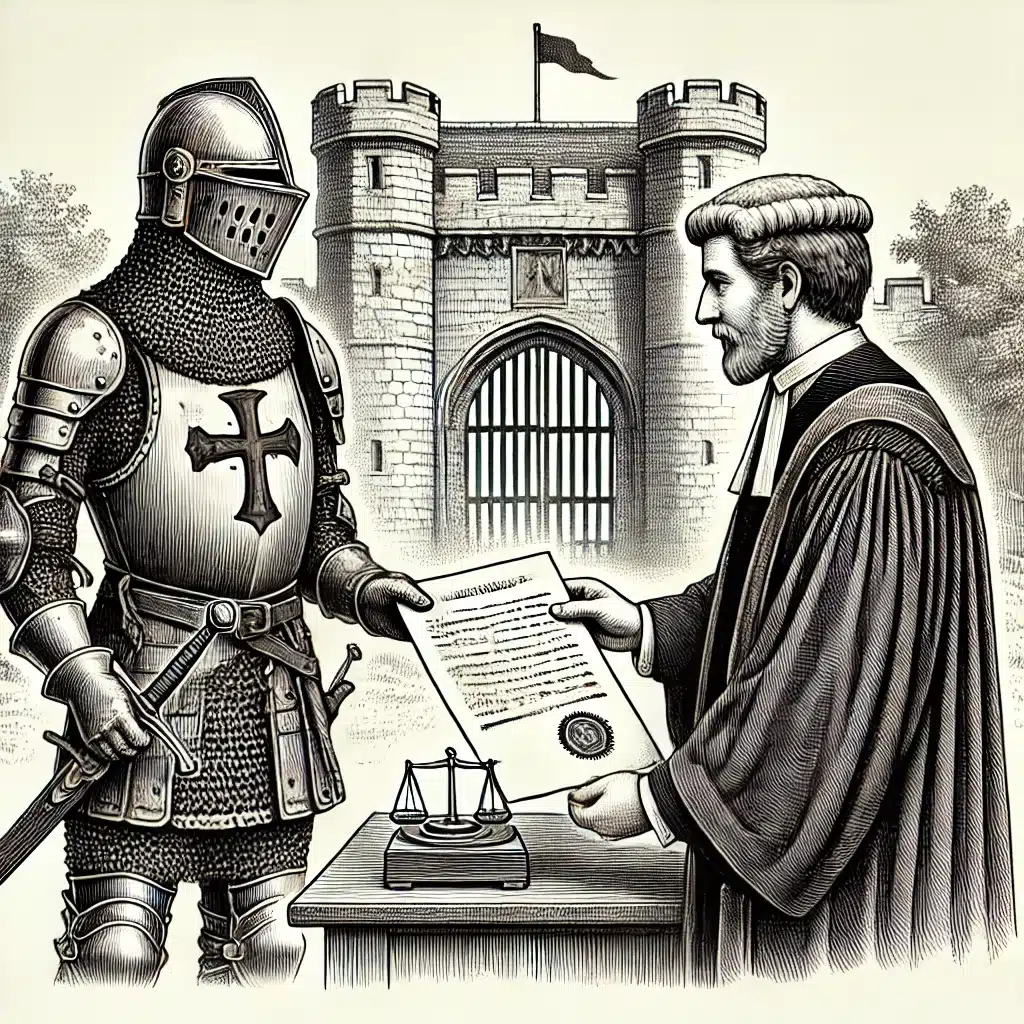The History of Trusts: A Journey Through Time
Trusts are a fundamental part of estate planning and asset protection, but their origins date back centuries. From medieval England to modern financial planning, trusts have evolved into powerful legal tools used to manage and transfer wealth. This article explores the history, evolution, and significance of trusts.
Origins of Trusts: The Middle Ages
The history of trusts can be traced to 12th-century England, where the feudal system made land ownership a critical factor in wealth and power.
- The Crusades and Early Trusts: Many knights embarking on Crusades entrusted their lands to a friend or relative to manage while they were away. They expected the land to be returned to them or their heirs upon their return.
- Court of Equity and Early Trust Law: Some trustees refused to return the property, leading to disputes. Crusaders turned to the Chancellor in England’s Court of Equity, which began enforcing these arrangements, creating the foundation for modern trust law.
The Renaissance of Trust Law: The 16th and 17th Centuries
As English common law developed, trusts became more structured:
- Statute of Uses (1535): King Henry VIII attempted to eliminate secret land transfers (or “uses”) that avoided taxation. However, the law was only partially effective, as English courts soon recognized and upheld new trust arrangements.
- Trusts for Estate Management: By the 17th century, wealthy families used trusts to maintain control over land and assets for future generations, reducing tax liabilities and ensuring smooth inheritances.
Trusts in the Modern World: The 19th to 21st Centuries
The Industrial Revolution and economic expansion led to further developments in trust law:
- Expansion to the United States: English settlers brought trust law to America, where it became a cornerstone of estate planning.
- Asset Protection and Tax Planning: In the 20th century, trusts became essential for shielding assets from creditors, reducing estate taxes, and ensuring financial security for beneficiaries.
- Trusts for All: While trusts were historically used by the wealthy, today they are widely accessible for middle-class families seeking to avoid probate, protect assets, and manage estates efficiently.
Types of Modern Trusts
Today, trusts serve a variety of purposes. Some of the most common include:
- Revocable Living Trusts – Allows individuals to maintain control over their assets during their lifetime and streamline estate administration upon death.
- Irrevocable Trusts – Used for tax planning, asset protection, and Medicaid planning.
- Charitable Trusts – Created for philanthropic goals and tax benefits.
- Special Needs Trusts – Protects assets for beneficiaries with disabilities without affecting government benefits.
Why Trusts Matter Today
Trusts continue to play a vital role in estate planning. Their ability to:
- Preserve family wealth
- Minimize tax liabilities
- Protect assets from creditors
- Ensure an orderly distribution of assets
…makes them an essential tool for anyone planning their financial future.
Need Help Setting Up a Trust?
At Bart Scovill, PLC, we help individuals and families create customized estate plans that fit their unique needs. If you’re considering setting up a trust, contact us today at 941-365-2253 or visit Scovills.com to schedule a consultation.
Contact Us For More Information

Or Call 941-365-2253 for a Free Consultation
NOTE: The use of the Internet or this form for communication with the firm does not establish an attorney-client relationship. Confidential or time-sensitive information should not be sent through this form.







